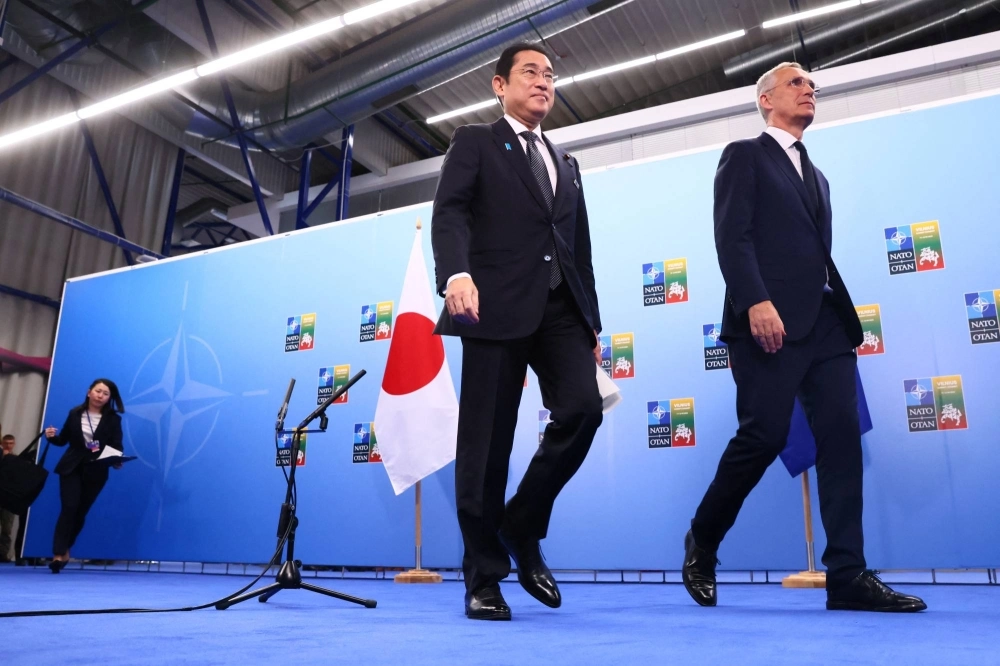The claim that “security is indivisible,” the guiding principle of liberal democracies since Russia’s invasion of Ukraine, sounds reassuring but, upon a little reflection, quickly becomes unsatisfying.
Constant repetition has not answered the most important question: What does “indivisible” mean in practice?
Precision is tricky when “strategic ambiguity” — uncertainty about the exact response to an adversary’s aggression to complicate its calculations and enhance deterrence — has become the coin of the realm. But ambiguity also affects allies and partners, and their expectations are as important, if not more so, as those of adversaries.



















With your current subscription plan you can comment on stories. However, before writing your first comment, please create a display name in the Profile section of your subscriber account page.